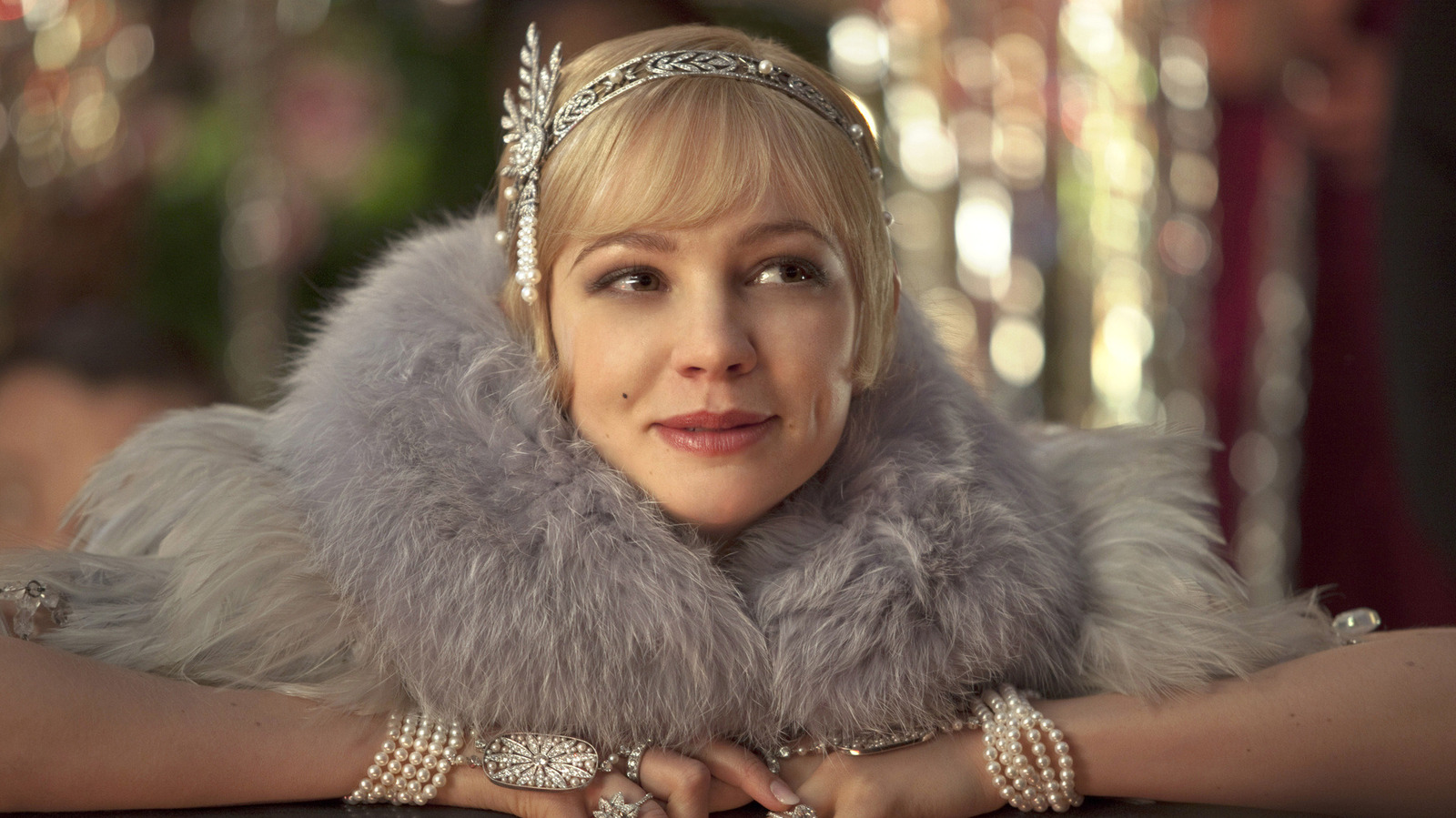
The Great Gatsby’s Daisy Buchanan Was Inspired By This Real Life Chicago Debutante – Looper
Anyone who’s taken an English literature class in their life probably has a passing familiarity with “The Great Gatsby,” the landmark American novel by lauded author F. Scott Fitzgerald. In the novel, the young, naive narrator, Nick Carraway, meets the reclusive, mysterious millionaire Jay Gatsby during a summer in the Hamptons, and after befriending Gatsby, Nick spends more or less all of this time with the man. From there, he learns that, for years, Gatsby has been carrying a torch for socialite Daisy Buchanan, his long-lost love — and Nick’s cousin, as it happens — who married a man who was, at the time, much richer than Gatsby. These days, Daisy is with Tom Buchanan, and Gatsby, alone in his mansion, shines a green light at her house across the bay each night, letting her know he still loves her.
If you’ve read the book, you also know Daisy and Gatsby don’t end up together… and in real life, Fitzgerald also didn’t marry his Daisy. Yes, as it turns out, Daisy Buchanan — who was played by Carey Mulligan in Baz Luhrmann’s 2013 adaptation of the novel — has a basis in reality, and the author, like Gatsby, missed out on marrying a woman he loved because she chose somebody with more money. Shortly before Luhrmann’s movie was released in the spring of 2013, the University of South Carolina revealed letters written by Fitzgerald — which were obtained by The Chicago Tribune — and in January 1915, he wrote two very conspicuous words: “Met Ginevra.”
Ginevra King was F. Scott Fitzgerald’s version of Daisy Buchanan
 Warner Bros.
Warner Bros.
So who was Ginevra King? She was a major Chicago socialite who ultimately married an heir to the Texaco oil fortune named Bill Mitchell, who, if we’re following this line of reasoning, could have inspired Tom Buchanan. According to the aforementioned letters, he saw her quite a lot; various mentions include “Nobody home and midnight frolic with Ginevra” in 1915, “Lake Forest … Petting party. Ginevra” in 1916, “Final break with Ginevra” in early 1917 and then, later that year, a more ominous entry: “Ginevra engaged?”
As Luhrmann’s co-writer Craig Pearce told The Chicago Tribune when the letters were released, one line from “The Great Gatsby” tells you everything you need to know about Ginevra King — specifically, one focusing on “careless” rich people who “smashed up things … then retreated back into their money.” The “thing” Ginevra King smashed up was, undoubtedly, Fitzgerald’s heart.
“Actually, that line about ‘retreating back into their money’ is pretty much the essence of (‘The Great Gatsby’),” Pearce told the Tribune. “It’s ultimately what Fitzgerald was communicating and why Ginevra King is very much present in everything about ‘The Great Gatsby:’ Just as Gatsby was rejected (by Daisy) and poor, Fitzgerald was rejected and poor, then re-created himself.”
F. Scott Fitzgerald and Jay Gatsby ultimately meet very different fates
 Warner Bros.
Warner Bros.
Fitzgerald didn’t meet quite as sticky of an end as his equally lovelorn character, Gatsby, at the very least — Gatsby ends up shot by the husband of Tom Buchanan’s mistress Myrtle, who was killed in a hit-and-run at Gatsby’s hands. Daisy moves on with her life and simply continues being married to Tom, even though she very nearly left her husband for Gatsby, while Nick is left bereft.
In real life, Fitzgerald married Zelda Sayre, later Zelda Fitzgerald, and if he was angry with her for not being Ginevra King, he certainly showed it. According to biographies like “Zelda: A Biography” by Nancy Milford, Fitzgerald was an angry alcoholic who was wholly unpleasant to his wife throughout their marriage, and partly as a result of his treatment as well as her undiagnosed mental illnesses, Zelda Fitzgerald spent the back half of her life in and out of various residential mental hospitals. In March of 1948, Zelda Fitzgerald was sedated on a table as Highland Hospital in Asheville, North Carolina caught fire around her; ultimately, she was identified by her dental records. Fitzgerald himself died of a heart attack in 1940 after years of struggling with alcoholism.
Years later, Leonardo DiCaprio would play Gatsby, and Mulligan would play the character that serves as an homage to Ginevra King. Alison Pill plays Zelda Fitzgerald for a few minutes in “Midnight in Paris.”































![iFi's GO Bar Kensei Dongle DAC Supports K2HD Technology With Some Samurai Swagger [Updated] iFi's GO Bar Kensei Dongle DAC Supports K2HD Technology With Some Samurai Swagger [Updated]](https://i0.wp.com/cdn.ecoustics.com/db0/wblob/17BA35E873D594/33FF/45A11/QTXOLJR4xDKSNMMk2WlTgjaIlvSgcYpeU1xJzUwIoYs/ifi-go-bar-kensei.jpg?w=768&ssl=1)

























